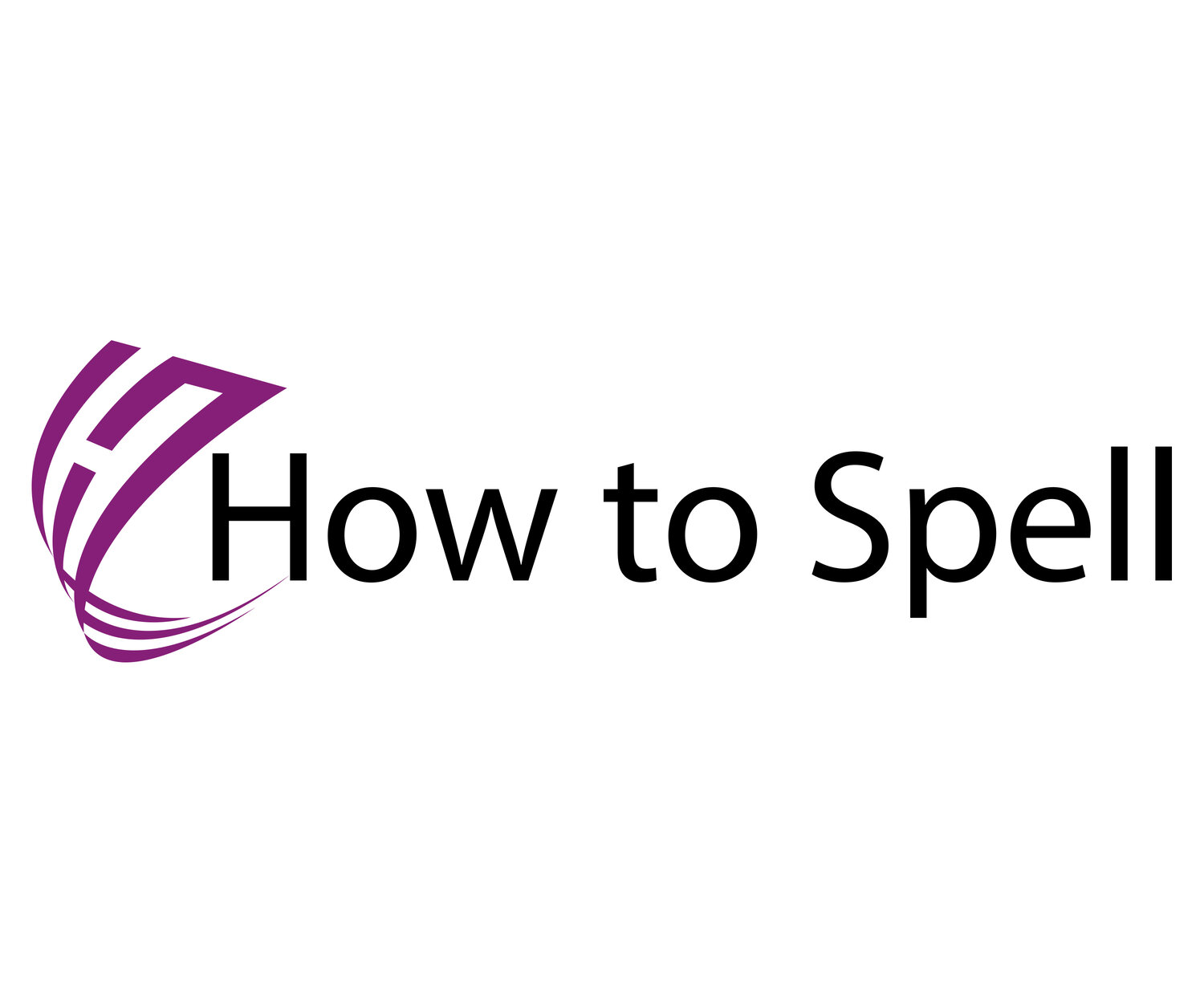Syllable Breakdown
Spelling Tip 6 - using the spelling strategy syllable breakdown.
Syllable breakdown is a strategy to help you spell long words. It's great because it helps you identify bits of the word that cause problems or helps you remember those pesky silent letters.
Breaking a word down into syllables means:
- you break a word down into little spoken chunks and
- each chunk is called a syllable
- each chunk usually has a vowel or vowel sound in it.
1 syllable trick
2 syllables paper - pa/per
3 syllables computer - com/pu/ter
4 syllables application - ap/pli/ca/tion
5 syllables examination - ex/am/in/a/tion
Syllable breakdown also helps you identify prefixes and suffixes - remember those?
prefix - small words added at the beginning of a root word
suffix - small words added to the end of words
dissatisfied = dis /sat / is / fied
uncomfortable = un/com/fort/able
irregularly = ir/reg/u/lar/ly or ir/re/gu/lar/ly
*It's up to you how you break a word down - as long has it helps you. There's no right or wrong way.
Problem: But some people find it hard to identify syllables or hear them - that's fine. So use other methods that rely on seeing the separate bits of the word. See the small words within words, the root word, prefix and suffix. I spoke about words within words in spelling tip 5 - using memory tricks
You're probably thinking that you don't actually know how to spell the little syllable words!
I'll admit that syllable breakdown is great for good spellers because they know letter patterns and their sounds.
Good spellers have an excellent visual memory for what looks right. They know the 'qua' in qualification is spelt with an 'a' not 'o' just like the other 'qua' words: quarter, quart, quantity, quaint, quality.
You can develop this skill, too, by practicing/practising (BrE) spelling, noticing the patterns and rules.
Spelling won't happen by just reading about it - you have to work at it
A good tip for dyslexics is to identify vowels in words. (Thanks to www.beatingdyslexia.com)
separate — separate Can you see the vowels and also the word within a word? ( a rat - "separate a rat" ) sep a rat e
qualification — qualification
museum — museum (see the u either side of the e)
Using syllable breakdown is a strategy to help you, especially with long words and it's up to you how you break the word down - as long has it helps you. There's no right or wrong way. Exaggerate the sound use it in combination with memory tricks.
Use anything to help you remember the spelling of words that are important in your life
assistant = ass / is / tant (3 syllables)
organisation = or/ gan /i / sa/ tion (5 syllables)
When you break a word down it helps to know the common suffix endings.
–tion: –ment, -ly, -ture, -ing
-ture: ad-ven-ture, fu/ture, tem/pe/ra /ture
-ly: faith/ful/ly, grate/ful/ly (see the 2 x l)
-ment: com-part-ment, a/part/ment
-tion: de-te-ri-or-a-tion, dec/or/a/tion, mul/ti/pli/ca/tion
-sion ex/ten/sion, ap/pre/hen/sion
examination - ex/ am / in / a / tion
comprehensive - com/ pre / hen/ sive
Anne Betteridge, in her book Adult Learner's Guide to Spelling, says: “If breaking words into syllables doesn't make sense to you then don't worry. Some people find it hard. A word can be broken up in several ways”
hearing
- small words - h ear ing
- suffix endings - hearing
- letter patterns - hear, near, dear, fear
- say it oddly - "he" "a" "ring"
memory trick for hear, hearing, heard, hears: you hear with your ear
Spelling test
Listen and write what you hear. Pause the player if you need more time.
Remember to use memory tricks, your knowledge of letter patterns, spelling rules, prefixes and suffixes or break the long words into syllables to help with the spelling.
Answers:
1. My doctor gave me a comprehensive examination.
2. My apartment needs decorating.
3. I want to be a retail assistant in the future.
4. The temperature is hot for September.
5. Please phone him immediately.
6. On Wednesday, I have an interview for a job.
7. The expansion of Heathrow is inevitable.
8. I'm very grateful for your excellent advice.
9. What experience and qualifications do you have?
10. I'm very dissatisfied with the way things are going in the company.
Click here to go to Spelling Tip 7: Take an Interest in Words
Interested in learning how to remember difficult words? Want to learn more Spelling Strategies? Then click here and you'll never be stuck for that spelling you need to remember and always forget!
For more info on suffixes click here
For more info on letter patterns click here
Knowing the letter patterns & their sounds is vital - check out my Spelling Sounds and Patterns Course on Udemy.com

